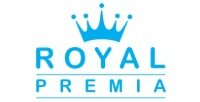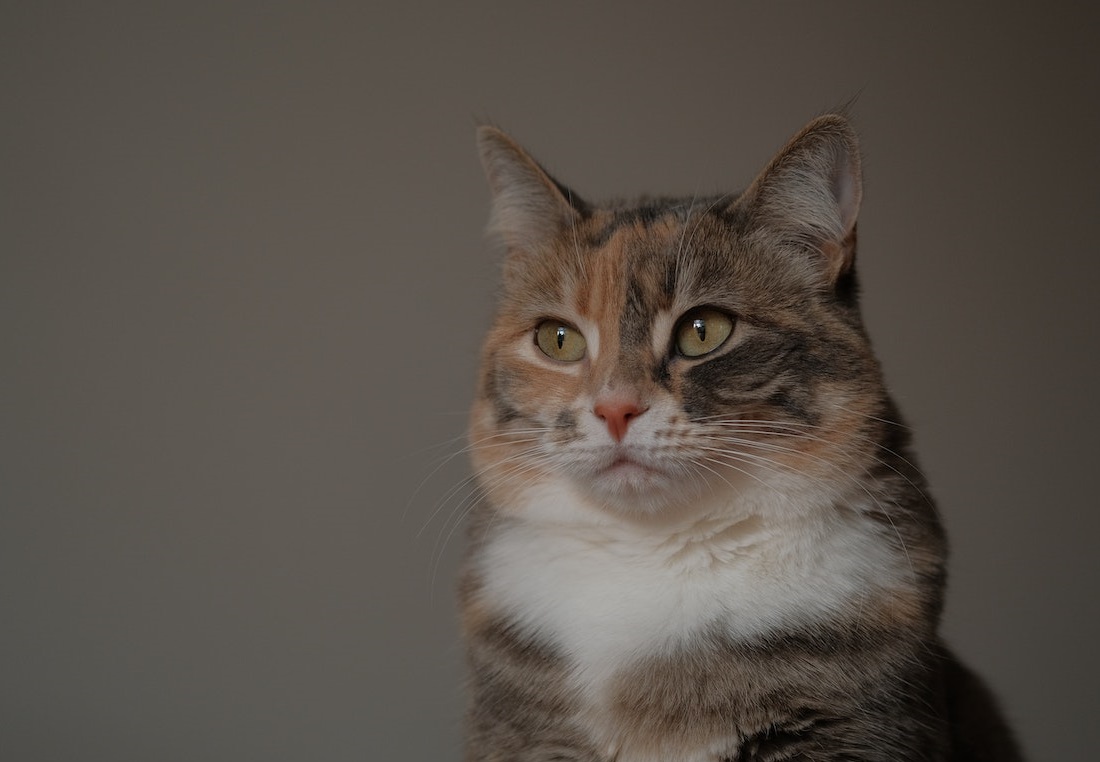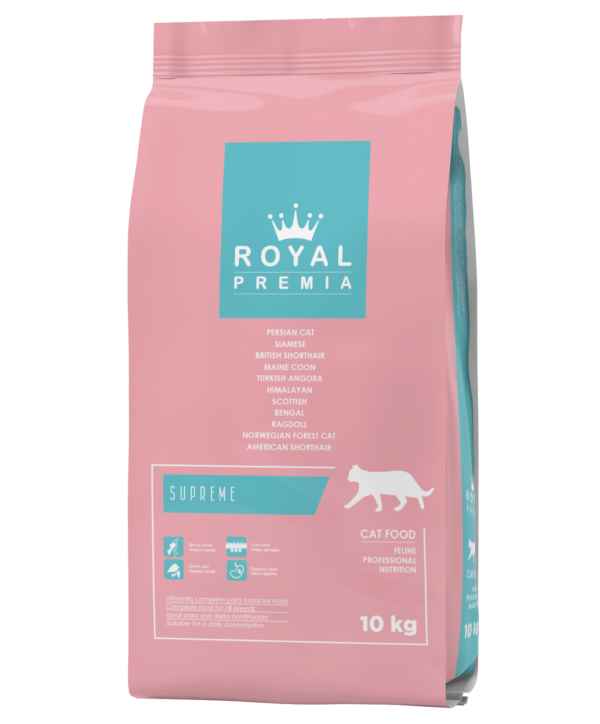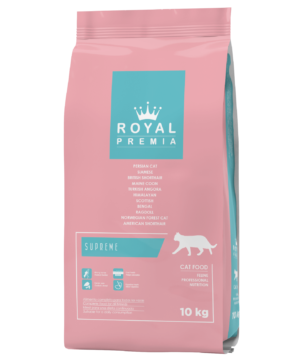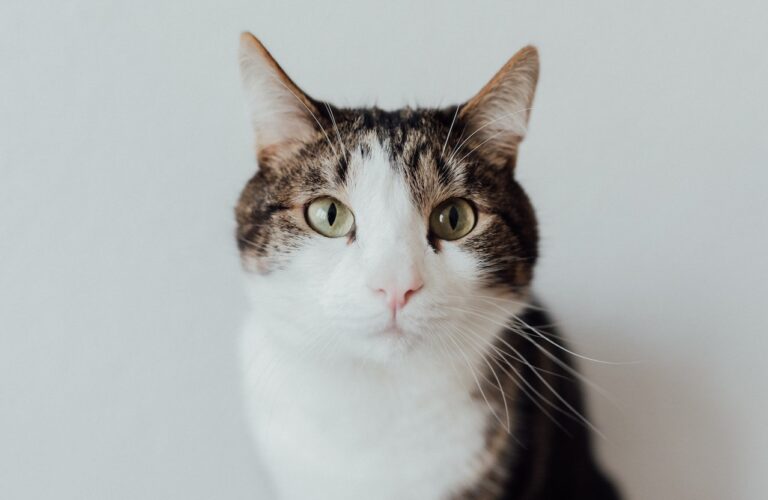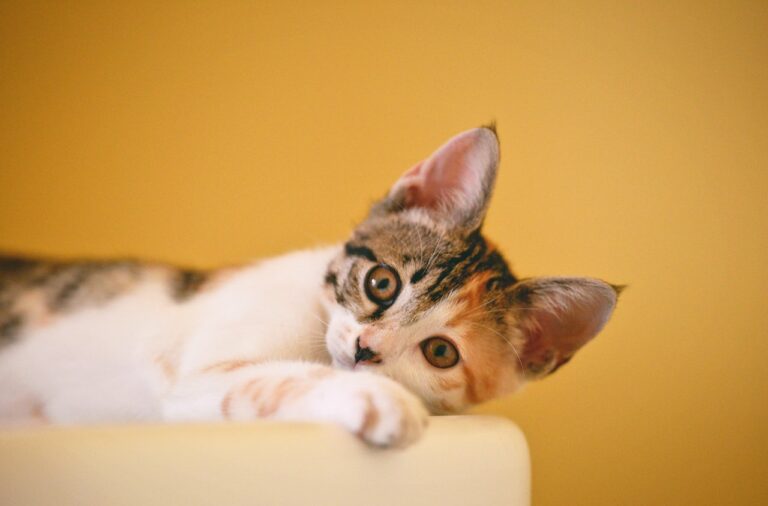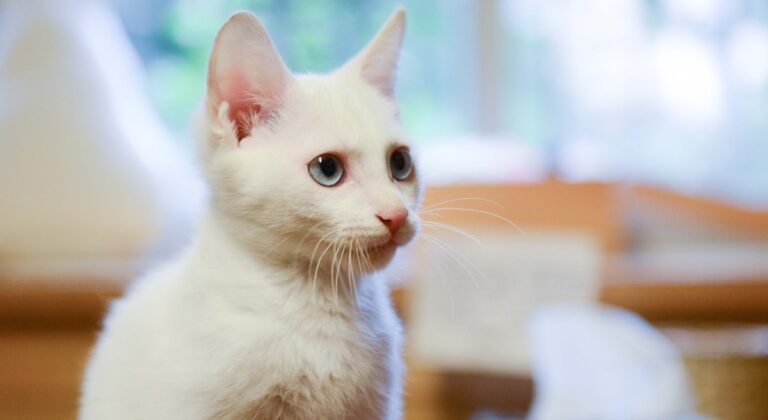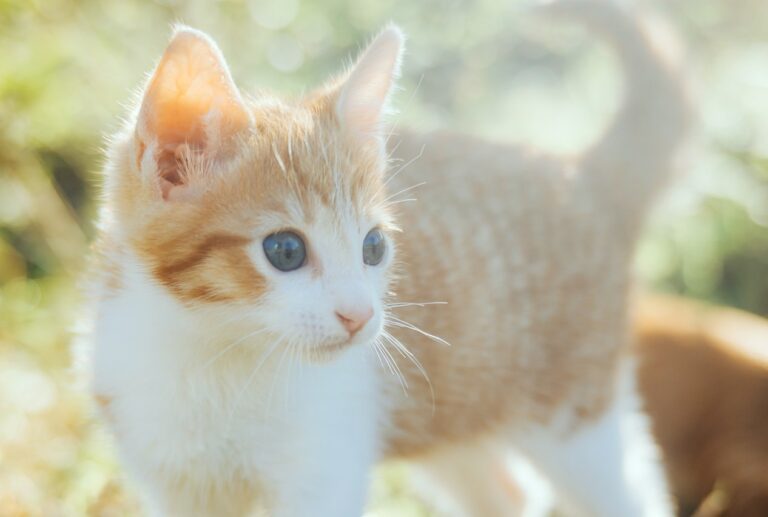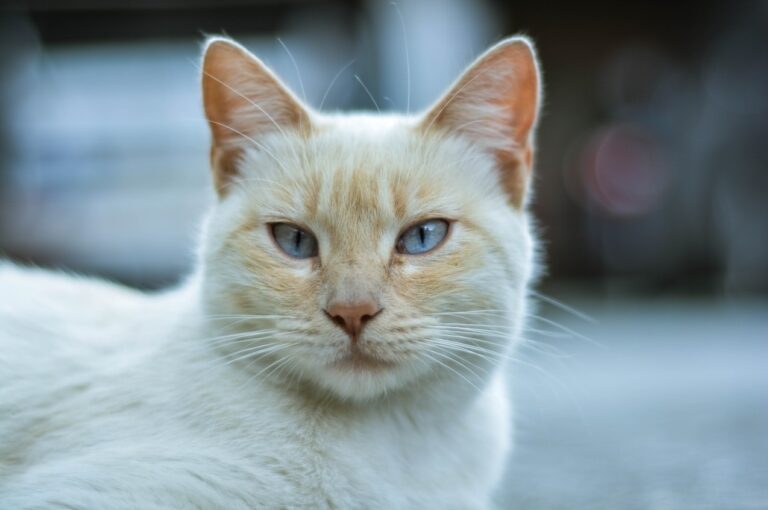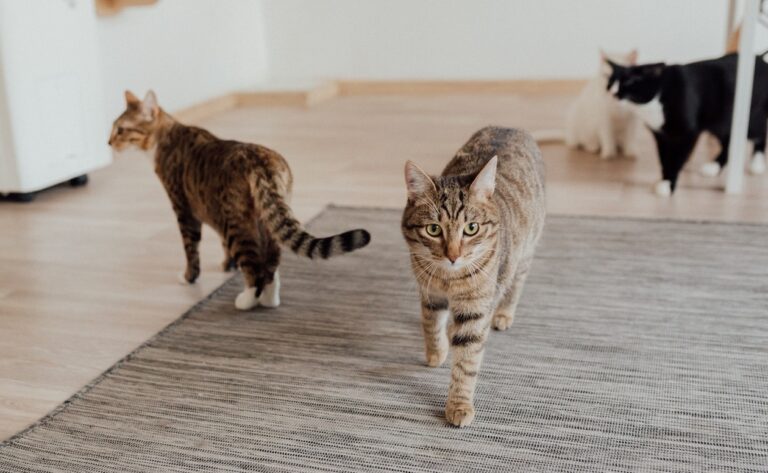The Importance of Balanced Nutrition for Cats
As loving cat owners, we all want the best for our feline friends. Just like humans, cats need a balanced diet to stay healthy and happy. Providing your cat with proper nutrition is essential for their overall well-being and longevity.
In this, we’ll explore why balanced nutrition is crucial for cats and how you can ensure your furry companion gets the best food for a purr-fect life.
Supports Growth and Development
Just like kittens, adult cats also need essential nutrients for their growth and development. Proteins, found in meat, fish, and poultry, are the building blocks for strong muscles and tissues. Minerals like calcium and phosphorus are vital for healthy bones and teeth. A well-balanced diet ensures your cat gets all the nutrients they need to thrive at every life stage.
Maintains Healthy Weight
Just like humans, obesity can be a problem for cats too. Providing balanced nutrition helps to maintain a healthy weight for your feline friend. Obesity in cats can lead to various health issues such as diabetes, joint problems and heart disease. By feeding them the right amount of nutrients and monitoring their portions, you can keep your cat at an optimal weight and prevent potential health risks.
Promotes a Shiny Coat and Healthy Skin
The condition of a cat’s coat and skin is a good indicator of their overall health. A diet rich in omega-3 fatty acids, found in fish, canola oil, and flaxseeds, promotes a glossy and healthy coat while reducing skin irritation and dryness. Providing the right balance of vitamins and minerals also helps to keep your cat’s skin healthy and free from irritations.
Supports a Strong Immune System
A well-balanced diet can strengthen your cat’s immune system, helping them fight off infections and diseases. Antioxidants like vitamins C and E, found in fruits and vegetables, play a crucial role in bolstering their immune response. Protein-rich foods also support the production of antibodies that protect your furry friend from illnesses.
Promotes Proper Digestion
Cats need dietary fiber to support proper digestion. Fiber-rich foods, such as whole grains and vegetables, aid in healthy bowel movements and prevent digestive issues like constipation. Additionally, feeding your cat high-quality, easily digestible protein sources can help reduce the risk of stomach upset.
Prevents Nutritional Deficiencies
A balanced diet ensures your cat receives all the essential nutrients they need. Nutritional deficiencies can lead to a range of health problems, such as weak bones, poor coat condition and even organ failure. By providing a complete and balanced diet, you can prevent these deficiencies and ensure your cat leads a happy and healthy life.
Overall
Feeding your cat a balanced diet is one of the most important responsibilities of being a pet owner. The right combination of proteins, vitamins, minerals and other nutrients helps your cat stay strong, energetic and disease-free. By providing them with the best nutrition, you can enjoy many years of companionship with your furry friend.
Remember to consult with your veterinarian to create a personalized nutrition plan for your cat, taking into account their age, weight and any specific health needs they may have. A well-fed cat is a happy cat!
Royal Premia Cat Food
-
Basic Adult Dry Cat Food 2kg and 10kg All Breeds
-
Supreme Dry Cat and Kitten Food 2kg and 10kg All Breeds
Frequently Asked Questions
Should I provide my cat with treats, and are they part of a balanced diet?
Treats can be given to cats occasionally as a reward or for training purposes. However, they should not make up a significant portion of their diet. Treats are usually high in calories and may lack the essential nutrients that a balanced diet provides. Moderation is key to avoid overfeeding and potential health issues.
Is it necessary to provide a water source for my cat if they eat wet food?
Yes, even if your cat consumes wet food, it’s essential to provide them with a separate water source. Cats have a low thirst drive, and offering fresh water will encourage them to drink more, helping prevent dehydration and urinary issues.
How much should I feed my cat?
The amount of food your cat needs depends on various factors, such as their age, weight, activity level, and overall health. Follow the feeding guidelines on the cat food packaging as a starting point. Additionally, consult with your veterinarian to determine the appropriate portion size for your specific cat.
